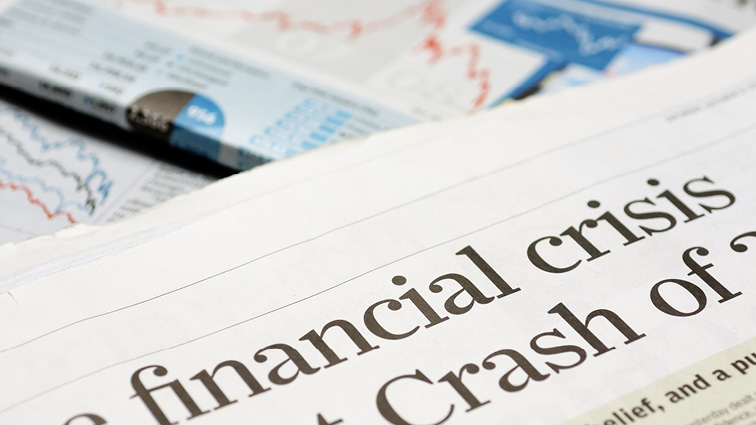Three Ways CFOs are Leveraging Sale-leasebacks to Prepare for a Recession
Pay off existing debt, redeploy otherwise illiquid capital into higher-earning business segments and unlock financial flexibility for future growth
The U.S. economy has hit some major roadblocks in recent months. Sustained high inflation, supply chain disruptions and rising interest rates have all signaled to economists that we are either in or on the verge of a possible recession. While there is no universal playbook on how to prepare for a possible recession, for companies that own their real estate, a sale-leaseback is one lesser-known, value-extracting method savvy CFOs should consider.

In a sale-leaseback a company sells its real estate to an investor for cash and simultaneously enters into a long-term lease. Proceeds from the sale-leaseback can then be used to bolster a business’ balance sheet and provide the financial flexibility to help navigate a volatile economic environment.
Here are three ways CFOs are using sale-leaseback proceeds to grow their businesses and prepare for an uncertain future:
Pay down debt and improve credit
The last thing businesses want to deal with when a recession hits is mountains of debt to pay down with limited cash flows. By pursuing a sale-leaseback now, companies can unlock capital to reduce leverage and improve their balance sheet health. The reduction in leverage helps improve both a business’ debt / EBITDA ratio in addition to debt / capitalization. As a result, companies will have less debt obligations to worry about and may even improve their credit – leaving them better positioned to weather an economic downturn and secure loans at attractive rates in the future should they need to.
Redeploy capital to higher ROI business segments
It is almost always the case that businesses can earn more by reinvesting the capital locked up in their real estate (an otherwise illiquid asset) into their core business operations. This makes sale-leasebacks an attractive capital tool for almost any business with owned real estate. Common uses of sale-leaseback capital that can boost a business’ returns include, acquiring new equipment, funding R&D, launching new product lines as well as growing their market share in existing business lines through acquisitions. Improving the efficiency of a business while increasing profits will not only help companies endure a short-term recession, but also position the business for long-term success.
Unlock financial flexibility for future growth
Sale-leasebacks are a unique financing structure as they give a business the opportunity to convert a non-earning asset into growth capital. Sale-leasebacks also typically have no more restrictive financial covenants than a traditional bank loan – providing CFOs with significant discretion in determining the best use of their company’s cash. In a recessionary environment when companies typically struggle with dwindling cash flows, having the extra capital from a sale-leaseback could offer companies the financial flexibility to take advantage of growth opportunities as they arise, setting them apart from their competitors who may be struggling just to stay afloat.
Conclusion
For many companies, sale-leasebacks are a cost-effective strategy to unlock capital which can help improve balance sheet health and enable companies to invest in growth, positioning them for longevity and success even amidst an economic downturn. Given the rising rate environment, it’s also advantageous for a company to pursue a sale-leaseback now to lock in an attractive long-term rental rate before interest rates likely rise again in the fall. Ultimately, preparing for a recession comes down to preparation. By making strategic business choices now, CFOs can prepare for an uncertain future.

You May Also Like:

- Recently Added
- WPC in the News
Net Lease Investors Adapt as Economic Uncertainty Lingers
Tariffs, interest rate fluctuations and macroeconomic uncertainties continue to reshape the net lease investment market. As these factors evolve, investors are working to make long-term decisions in...
- Recently Added
- WPC in the News
Tips for Ensuring a Successful Sale-Leaseback
A “great tool in really uncertain times,” the sale-leaseback can give immediate access to capital and minimize debt market exposure during uneasy economic periods. But for many looking to utilize it,...
- Recently Added
- Thought Leadership